Support for Taiwan is a threat to peace, Xi warns Biden
China has warned the US against supporting Taiwanese independence ahead of a summit between the two presidents.
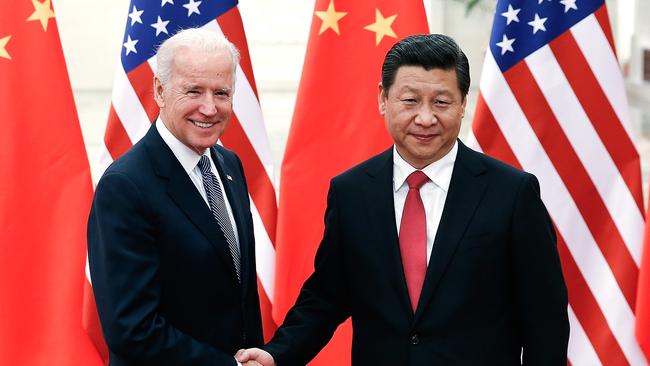
China has warned the United States against supporting Taiwanese independence on the eve of an online summit between President Biden and President Xi that is intended to reduce the rising tensions between the two superpowers.
The leaders will have their first formal one-to-one meeting since Biden became president. They face a daunting list of unresolved military, political and economic matters, with the fate of Taiwan the most obvious flashpoint.
Biden, 78, and Xi, 68, spoke by phone in September in an attempt to defuse hostilities, but tensions soon flared again over China’s increasingly aggressive military posturing towards Taiwan. It regards the island nation as a breakaway province, with Xi vowing repeatedly to retake it - by force if necessary. The People’s Liberation Army staged military exercises off the coast of the island last week as Chinese warplanes continued to test its missile defences,
Biden had hoped to hold the summit in person, but Xi has not left China since the start of the pandemic almost two years ago.
On Saturday Wang Yi, 68, China’s foreign minister, warned the US secretary of state Antony Blinken, 59, that American “connivance” and support for Taiwanese independence would “undermine peace and boomerang in the end”. According to the US state department, Blinken “urged Beijing to engage in meaningful dialogue to resolve cross-Strait issues peacefully and in a manner consistent with the wishes and best interests of the people on Taiwan”.
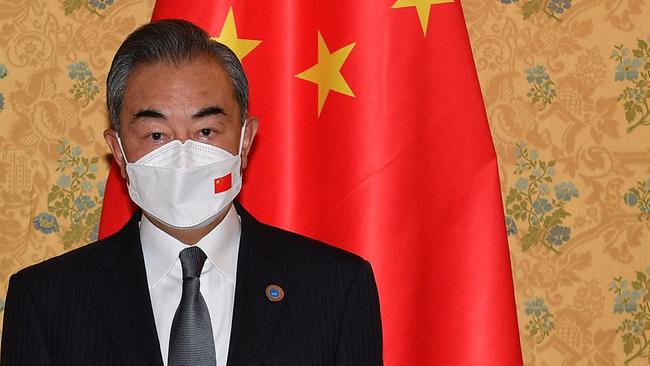
Biden provoked a sharp rebuke from China last month when he said the US was committed to defending Taiwan if China were to invade it; an apparent break with Washington’s policy of “strategic ambiguity”.
The White House attempted to play down the president’s remarks, but Wang said that China had “no room for compromise” on Taiwan and that Biden should “speak cautiously” on the issue “so as not to seriously damage China-US relations”.
The Communist Party mouthpiece Global Times was more direct, writing in an editorial that the US had “gone too far” and was targeting China’s core interests, leaving it “with no way back”.
Since the two sides established diplomatic relations in 1979 the US has accepted the “One China” principle, which rules out independence for Taiwan. However, US law also requires the government to help Taiwan to arm itself; an ambiguous approach which has helped to preserve an uneasy status quo in which the Taiwanese rule themselves while western governments refrain from speaking of independence for the island.
“If the US truly wants to safeguard peace then it should clearly oppose any ‘Taiwan independence’ moves,” Wang said after his phone call with Blinken. “Put the One China policy into action and stop sending wrong signals.”
The issue highlights concern in Washington at China’s rapid military build-up, with the People’s Liberation Army expected to match or surpass the US military in key areas in the years ahead including cyberwarfare, artificial intelligence and the development of nuclear-capable hypersonic missiles. General Mark Milley, head of the Joint Chiefs of Staff, admitted this month: “We are witnessing one of the largest shifts in geopolitical power that the world has witnessed.”
China’s mistreatment of Uighur Muslims in Xinjiang province, its suppression of democracy in Hong Kong and its aggressive territorial claims in the South and East China Seas have encouraged many in the West to regard Taiwan as a red line which it must be prevented from violating in order to safeguard other territories.
Blinken also spoke to Yoshimasa Hayashi, the Japanese foreign minister, at the weekend, repeating US promises that it would help Japan to fight off any attack on the Senkaku Islands in the East China Sea, which are administered by Tokyo but claimed by Beijing.
In Canberra, Peter Dutton, the Australian defence minister, told The Australian newspaper that it was “inconceivable” that his nation would not support the US in a showdown - drawing an immediate reaction from Global Times. It vowed that Australia would face “heavy attack” and “sacrifice” for its troubles.
The White House has hinted that Biden could also raise US concerns about China blocking an investigation into the origins of Covid-19.
With Hugh Tomlinson and Bernard Lagan
ANALYSIS
By Richard Lloyd Parry, Asia Editor
IT would be an exaggeration to call Joe Biden and Xi Jinping old pals, but they have a more authentic relationship than much of what qualifies for friendship among the grinning glad-handers of international summitry.
In 2011, when both were vice-presidents, Biden travelled to Beijing and spent a good deal of time with Xi. “Over meals, long walks, and other informal settings they conversed at length about personal and policy matters,” said Danny Russel, a former diplomat who travelled with Biden. “The bond between them grew steadily.”
When they meet today (Monday) in teleconference, that bond will be tested to the limits, with relations between the US and China at their frostiest in 25 years.
Xi’s China sees itself as a civilisation shaking off the embarrassment of a century of weakness to re-inherit a greatness going back 500 years. From Washington, China’s rise is not the fair outcome of global competition, but the triumph of a global bully. The suppression of Uighur Muslims, the crushing of democracy in Hong Kong, its aggression in the South China Sea all make checking Beijing’s arrogance a moral duty.
As Biden said of Xi during the presidential campaign, with a frankness he may now regret: “This guy is a thug.”
The best that can he hoped for the meeting is that it will allow the two sides to focus less on matters of principle and destiny, and more on practicality.
The Times

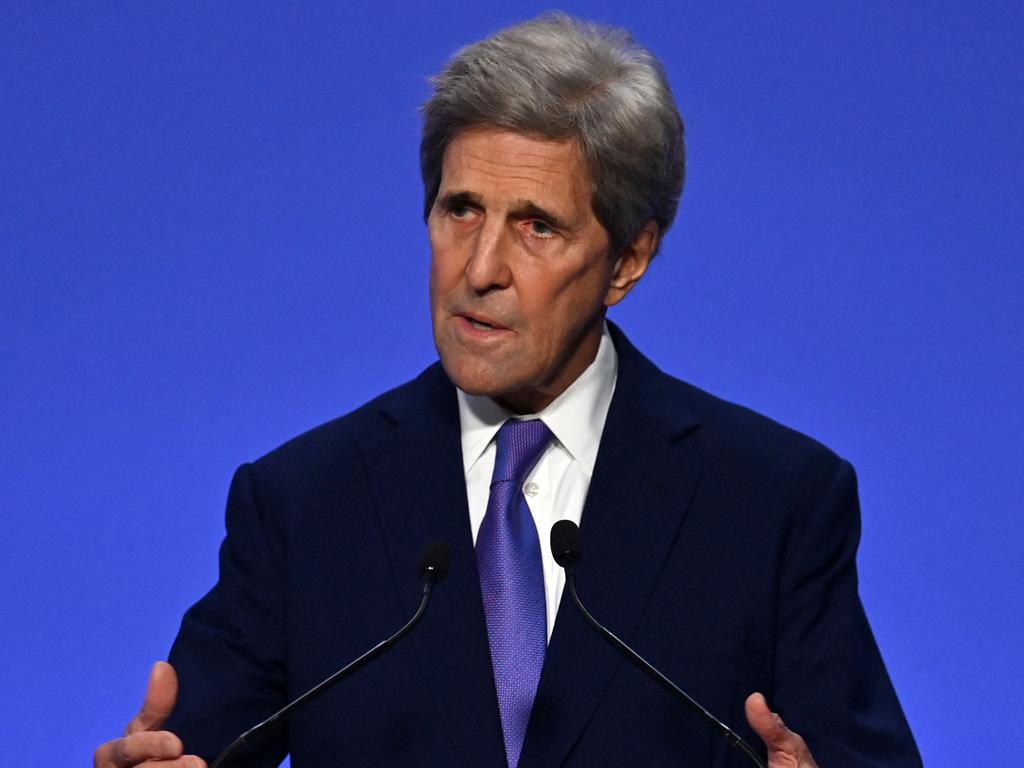
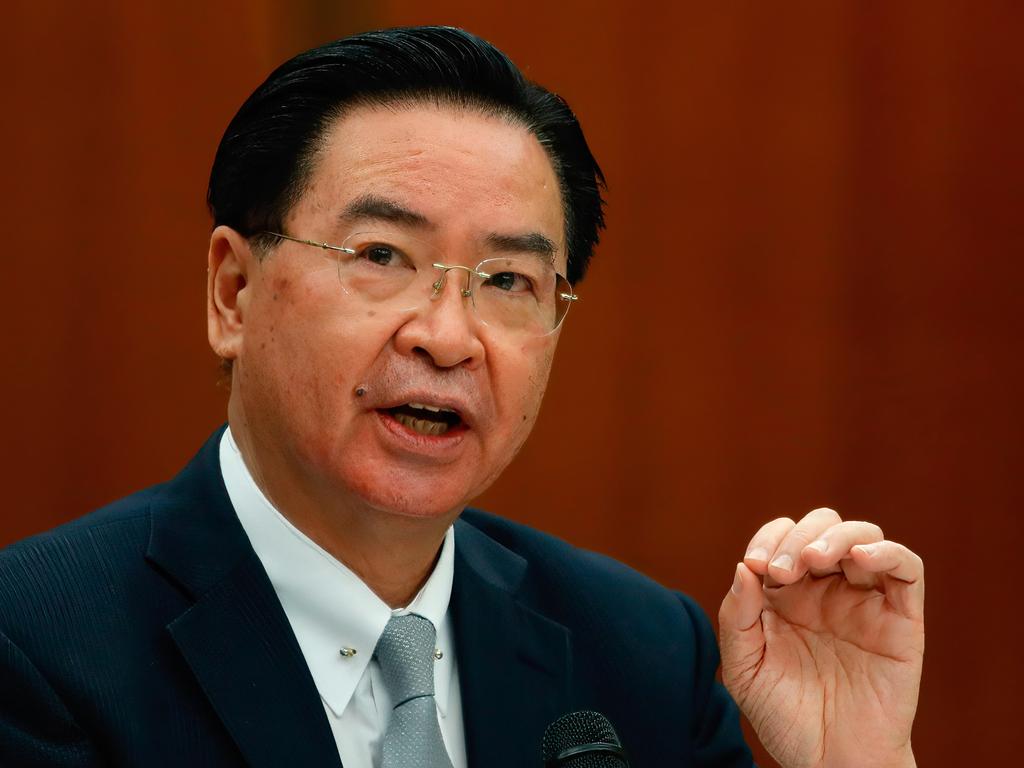
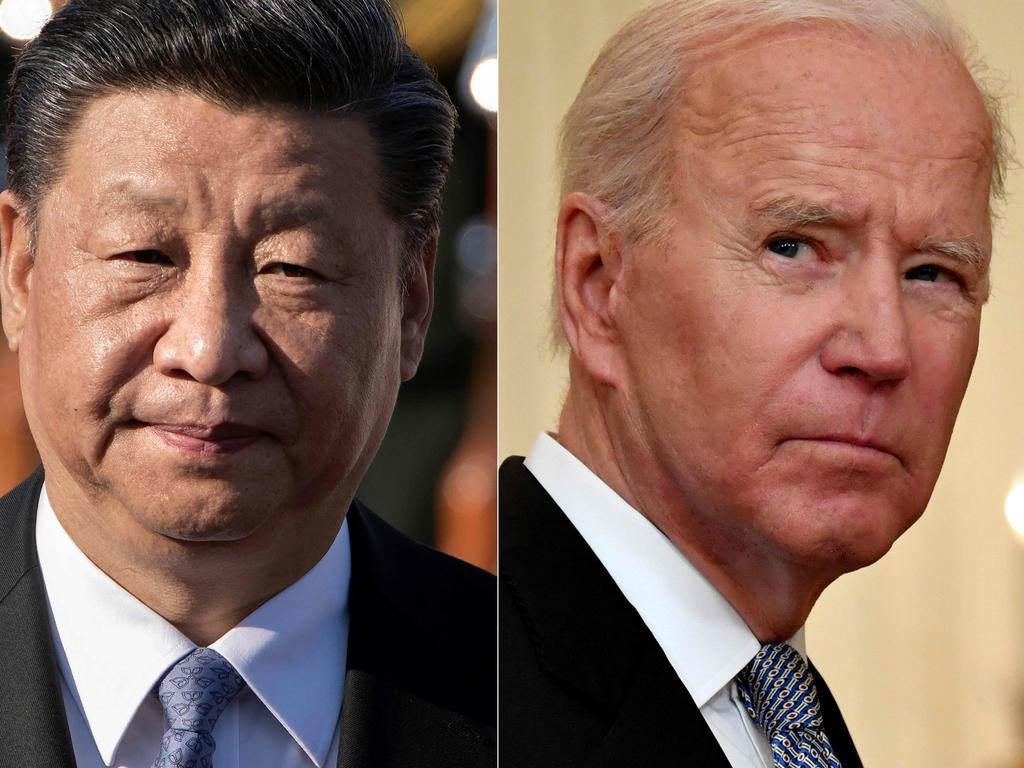



To join the conversation, please log in. Don't have an account? Register
Join the conversation, you are commenting as Logout